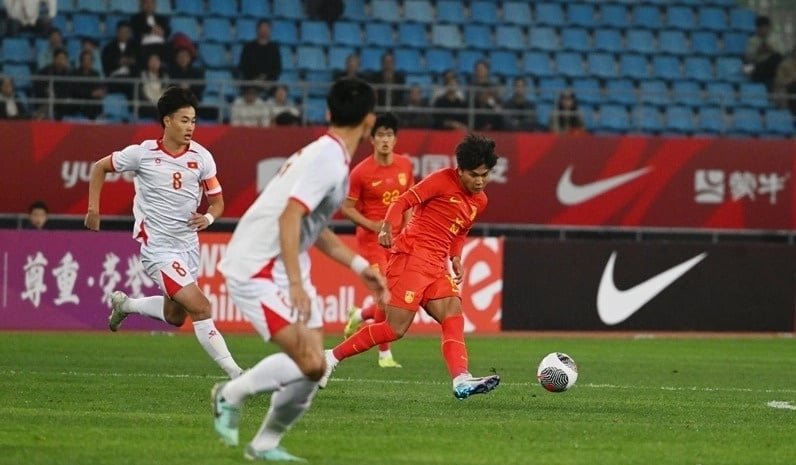 |
China U22 lost to Vietnam in a friendly match. |
The opening match of the 2025 Panda Cup on November 12 ended with a familiar image: U22 China fell to a Southeast Asian opponent. The last-minute goal left the home team empty-handed, but what worried the public more was the way they lost, disjointed, lacking courage and repeating the same mistakes.
Chinese media did not try to justify themselves. CCTV Sports wrote bluntly: “China U22 had opportunities, but did not know how to take advantage. Defensive mistakes made them pay the price.” This story has been going on for many years, from the national team to the youth teams. They play a lot of football, but do not know how to win. They hold the ball well, but do not know how to finish.
At Chengdu Stadium, the Chinese U22 striker faced the Vietnamese U22 goalkeeper twice. Both times he failed. In the 80th minute, a clumsy clearance by the Chinese defender sent the ball to the opponent's feet. From there, the only goal of the match appeared. Vietnam celebrated, while China bowed their heads.
Sohu Sports called this a “not surprising” defeat. The Chinese U22 squad was damaged, with many key players participating in the U20 national tournament, leaving behind an inexperienced team. But the bigger problem lies in the mindset. The young team still relies on physical strength and power, but lacks ideas in attack. When facing Vietnam, a team that plays cohesively and has tactical discipline, that weakness is clearly exposed.
Sina Sports saw this defeat as a warning. “U22 Vietnam is a familiar opponent. They are not stronger individually, but they know how to take advantage of our mistakes. Losing to them is not a shameful thing, but not learning from it is the problem.” That comment reflects the current mindset of Chinese football: they understand the cause, but do not change.
While U22 Vietnam showed the continuity between generations, U22 China still played like a patchwork team. The players did not understand each other, the tactical system was unclear, and the fighting spirit lacked fire. The name China was still big, but the team gradually shrank in its own complacency.
The defeat in the Panda Cup was just a friendly tournament. But for Chinese football, it was a mirror of reality. While people were still talking about the World Cup goal, opponents that were once considered “underdogs” like Vietnam or Thailand had risen above by playing persistent, substantial football.
Chinese media ended the commentary with a haunting sentence: “We are no longer surprised by defeat, because defeat has become a familiar thing.” Perhaps, that is also the greatest pain, when a football nation that once dreamed of dominating Asia now has to relearn how to win, starting with the simple lessons that U22 Vietnam just taught them right on their home field.
Source: https://znews.vn/thua-viet-nam-bong-da-tre-trung-quoc-nhan-cu-tat-tinh-nguoi-post1602353.html



![[Photo] The "scars" of Da Nang's mountains and forests after storms and floods](https://vphoto.vietnam.vn/thumb/1200x675/vietnam/resource/IMAGE/2025/11/13/1762996564834_sl8-jpg.webp)



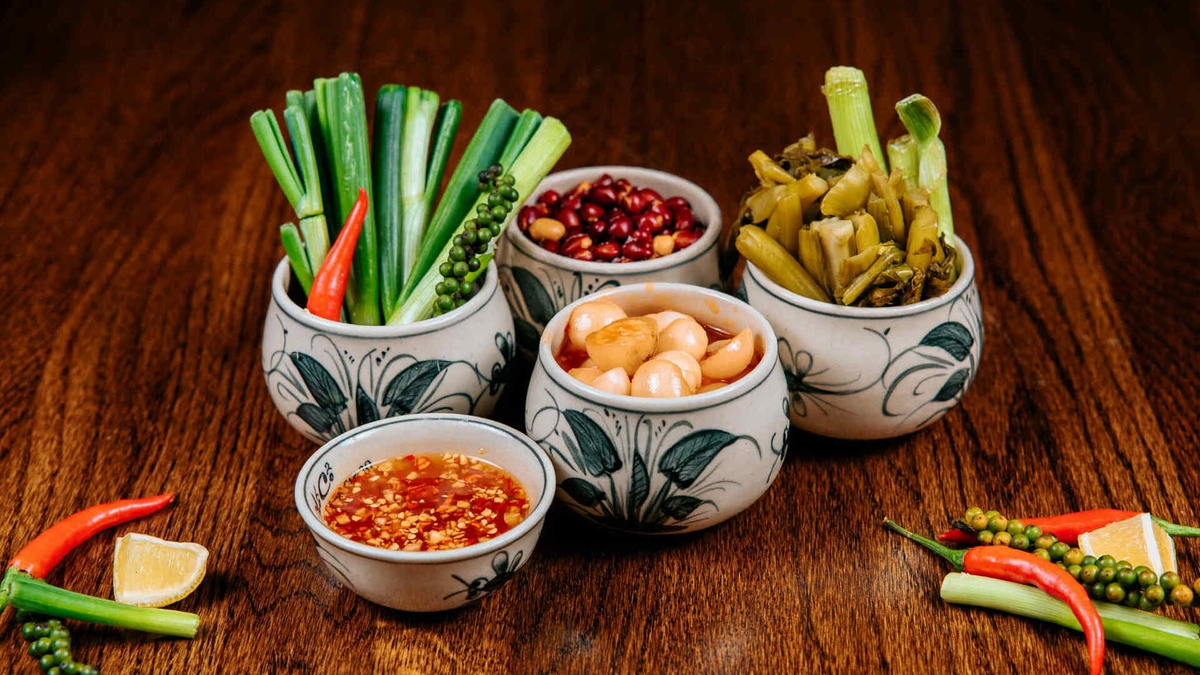





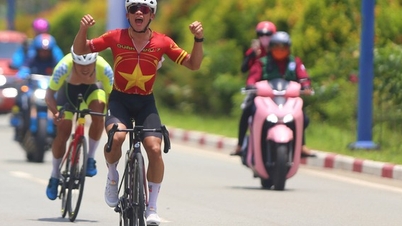

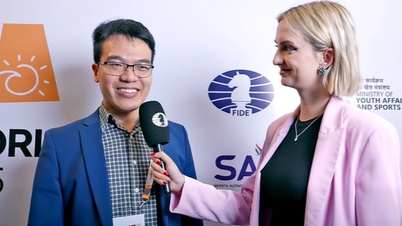









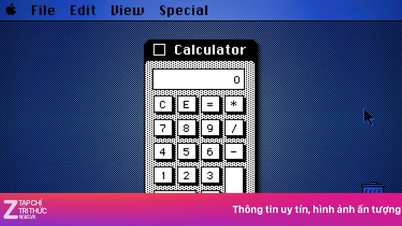
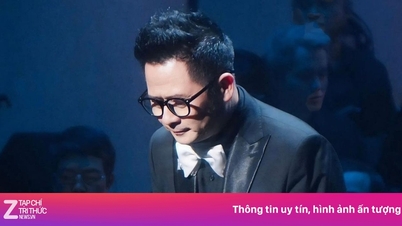
![[Photo] Prime Minister Pham Minh Chinh attends a conference to review one year of deploying forces to participate in protecting security and order at the grassroots level.](https://vphoto.vietnam.vn/thumb/1200x675/vietnam/resource/IMAGE/2025/11/12/1762957553775_dsc-2379-jpg.webp)











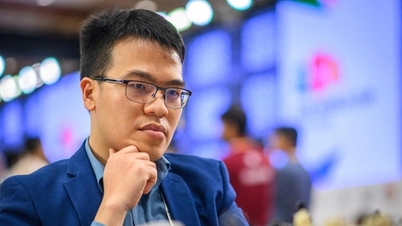

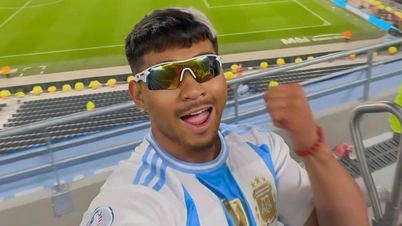
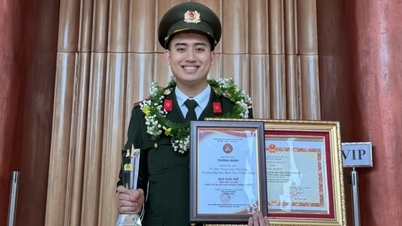




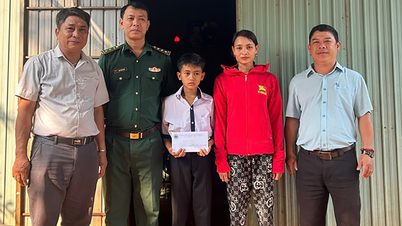




























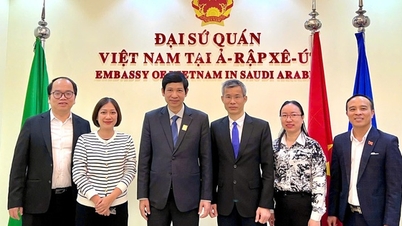
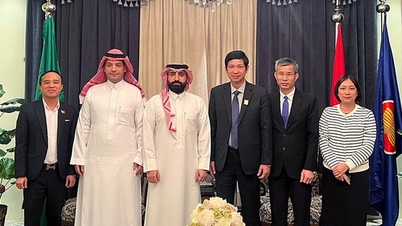

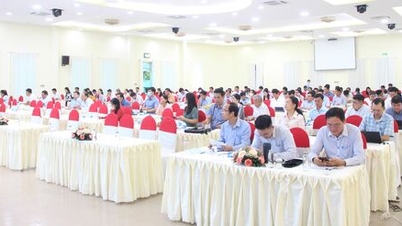













![Dong Nai OCOP transition: [Article 3] Linking tourism with OCOP product consumption](https://vphoto.vietnam.vn/thumb/402x226/vietnam/resource/IMAGE/2025/11/10/1762739199309_1324-2740-7_n-162543_981.jpeg)








Comment (0)